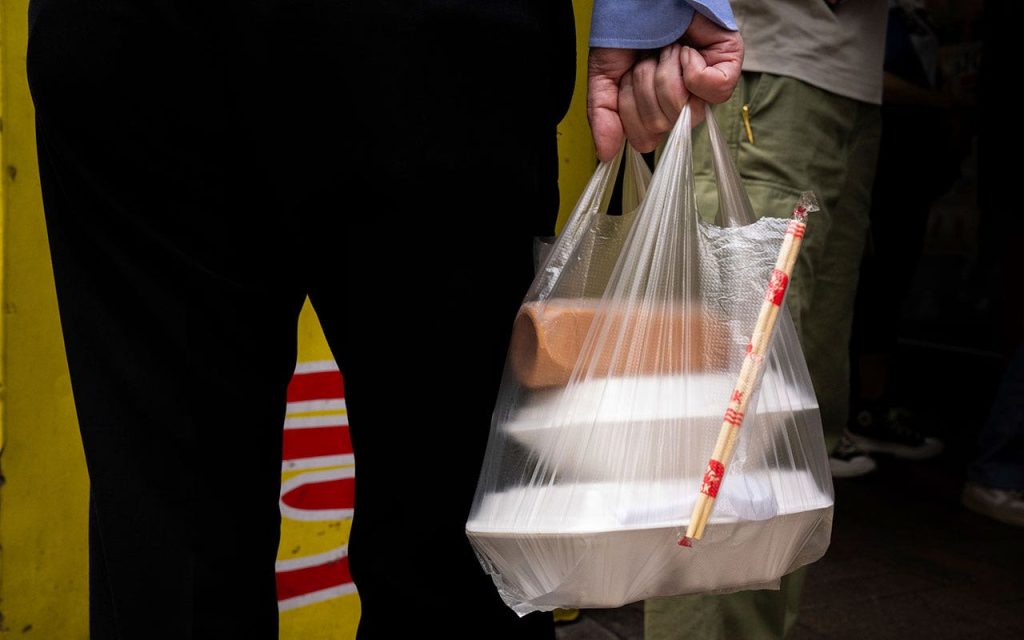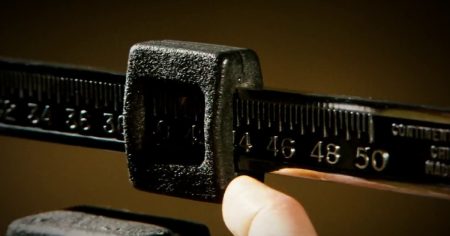Hong Kong has recently implemented new legislation banning Styrofoam products and single-use plastic cutlery in an effort to reduce plastic pollution at its source. This comes as a response to the city’s long-standing issue of being a major producer and consumer of great food, which often comes with a great amount of plastic and Styrofoam waste. Under the new law, single-use cutlery such as forks, spoons, straws, and plates cannot be sold or distributed to dine-in or takeaway customers. Plastic food containers and cups can still be given out for takeaways, but a second phase of the ban expected next year will include all single-use plastics.
Restaurants in Hong Kong were given a six-month grace period to comply with the new regulations. Many establishments have already begun implementing measures to reduce their use of disposable plastic tableware. However, some restaurant owners have expressed concerns about the increased costs associated with switching to more environmentally friendly alternatives. For example, owner Kitty Chan of Kuen Fat Kitchen explained that using paper spoons instead of plastic ones has doubled costs for their business. Some customers have also voiced concerns about the inconvenience of bringing their own containers and utensils when dining out, citing time constraints and the hassle of washing up afterwards.
Despite these challenges, many residents acknowledge the environmental impact of their dining-out habits and support the new legislation. Single-use plastic cutlery is the second-largest source of plastic waste after single-use plastic bags in Hong Kong. Businesses are now exploring alternative plastics made from natural resources to comply with the new rules. Greenpeace campaigner Leanne Tam hopes that the ban will discourage the throwaway culture and promote the use of reusables over disposables. The organization believes that the government should focus on promoting reusables as a long-term solution to the plastic waste issue in Hong Kong.
According to government data, Hong Kong disposed of 11,128 tons of solid waste per day in 2022, with plastics accounting for 2,369 tons of that waste. The city’s three landfills are expected to reach capacity by 2026. To address this issue, the city plans to implement municipal solid waste charging from August 1, which would require individual households, restaurants, and businesses to pay for the trash they generate. This initiative aims to reduce waste generation and encourage recycling. However, the details of the logistical implementation of this program are still being worked out.
In conclusion, Hong Kong’s new legislation banning Styrofoam products and single-use plastic cutlery is part of a broader effort to reduce plastic pollution and waste in the city. While some businesses and customers have expressed concerns about the increased costs and inconvenience associated with the changes, many recognize the importance of protecting the environment and support the new regulations. Greenpeace advocates for a shift towards reusables over disposables to address the root of the plastic waste problem in Hong Kong. The city’s upcoming municipal solid waste charging program aims to further incentivize waste reduction and recycling among residents and businesses, as Hong Kong grapples with the challenges of managing its solid waste and approaching landfill capacity.















